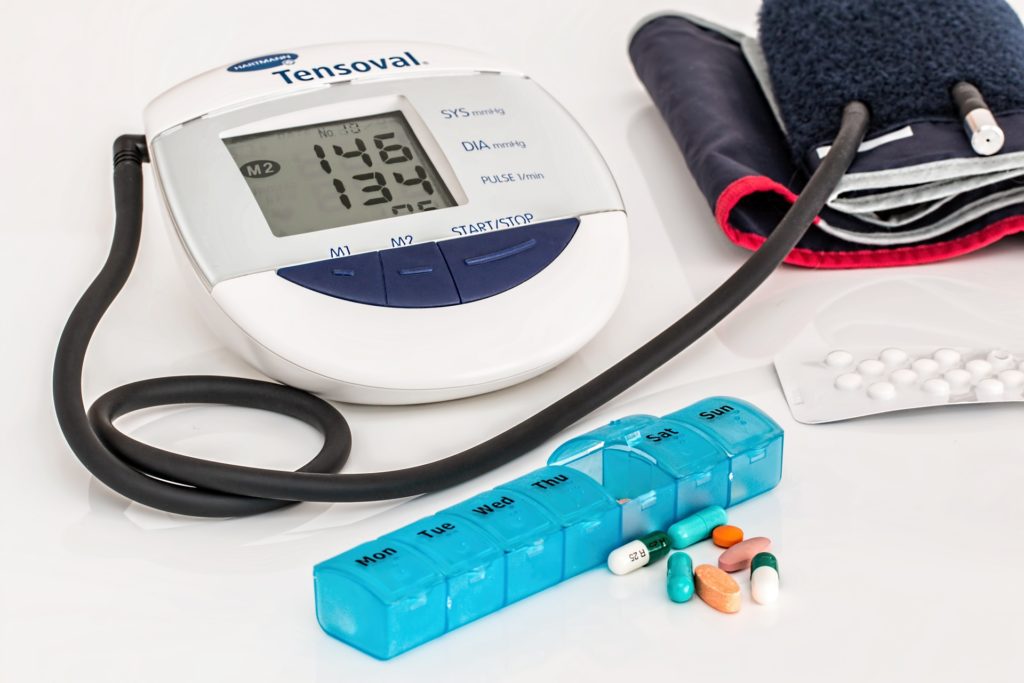Blood pressure-lowering medication can prevent serious cardiovascular conditions such as strokes, heart failure and heart attacks, even in adults with normal blood pressure, according to a new research by University of Oxford researchers

In a paper published in the Lancet, the researchers found the beneficial effects of treatment were similar, regardless of the starting blood pressure level, in people who had previously had a heart attack or stroke and in those who had never had heart disease.
The findings have immediate and important implications for global clinical guidelines that typically limit blood pressure-lowering treatment to individuals with high blood pressure (usually above 140/90 mmHg).
The study, the most detailed of its kind, included 345,000 people from 48 randomised clinical trials. It was led by Prof Kazem Rahimi, Professor of Cardiovascular Medicine and Population Health, who is supported by the NIHR Oxford Biomedical Research Centre and who leads the Deep Medicine programme at the Nuffield Department of Women’s and Reproductive Health.
He said: “Our findings are of great importance to the debate concerning blood pressure treatment. This new and best available evidence tells us that decisions to prescribe blood pressure medication should not be based simply on a prior diagnosis of cardiovascular disease or an individual’s blood pressure level.
“Instead, medication should be viewed as an effective tool for preventing cardiovascular disease in people at increased risk of developing heart disease or stroke. Clinical guidelines should be changed to reflect these findings.”

He cautioned: “We’re not saying that everyone must begin treatment. The decision will depend on an individual’s risk factors for developing cardiovascular disease, the potential for side effects and patient choice.”
Heart disease and stroke, linked to high blood pressure, are the leading cause of death across most of the western world. It is widely accepted that blood pressure medication protects people who have had a prior heart attack or stroke from having a second, but there has been debate over the use of these drugs in people with normal or mildly elevated blood pressure.
So far, studies examining whether blood pressure-lowering medication is equally beneficial in people with and without a history of cardiovascular disease, and at lower blood pressure levels than currently considered for treatment have reported conflicting findings. This has led to contradictory treatment recommendations around the world.
Over an average four-year follow-up, 42,324 participants had at least one major cardiovascular event (heart attack, stroke, heart failure, or death from cardiovascular disease). For every 5 mmHg reduction in systolic blood pressure, the risk of developing major cardiovascular disease fell by around 10%. The beneficial effects of the treatment did not differ based on a history of having had cardiovascular disease or the level of blood pressure at study entry.